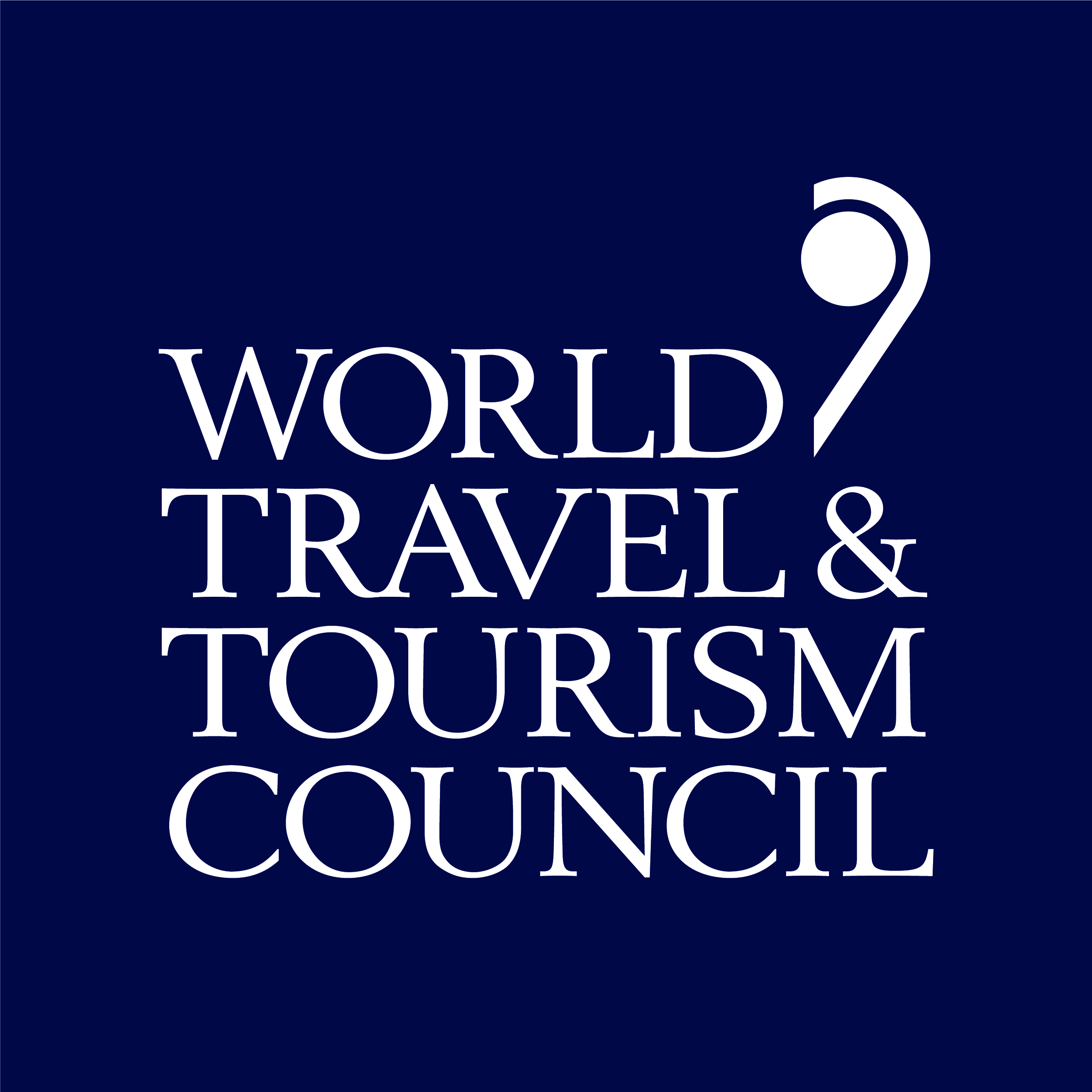How businesses are catering to remote work travel

The rise of the digital nomad is one of the most significant cultural shifts in the modern workforce. As remote work becomes more mainstream, professionals are increasingly blending their careers with their wanderlust, leading to a surge in remote work travel. No longer confined to traditional office settings, these digital nomads are working from anywhere and everywhere, turning cafes, co-working spaces, and beachside bungalows into their offices. This trend has given birth to a new type of traveller—one who values flexibility, connectivity, and the ability to experience the world while maintaining a career. For Small and Medium-sized Enterprises (SMEs) in the Travel & Tourism sector, this represents both a challenge and a unique opportunity to cater to a rapidly growing and dynamic market.
The digital nomad revolution
What was once a niche lifestyle for freelancers and entrepreneurs has now become a viable option for professionals across industries. Advances in technology, coupled with the global shift toward remote work, have enabled individuals to work from virtually any location with a stable internet connection. As a result, cities are becoming hubs for remote work travel, attracting a diverse group of solo travellers who seek more than just a vacation—they seek a lifestyle.
Sign in to access actionable insights
The rise of the digital nomad is one of the most significant cultural shifts in the modern workforce. As remote work becomes more mainstream, professionals are increasingly blending their careers with their wanderlust, leading to a surge in remote work travel. No longer confined to traditional office settings, these digital nomads are working from anywhere and everywhere, turning cafes, co-working spaces, and beachside bungalows into their offices. This trend has given birth to a new type of traveller—one who values flexibility, connectivity, and the ability to experience the world while maintaining a career. For Small and Medium-sized Enterprises (SMEs) in the Travel & Tourism sector, this represents both a challenge and a unique opportunity to cater to a rapidly growing and dynamic market.
The digital nomad revolution
What was once a niche lifestyle for freelancers and entrepreneurs has now become a viable option for professionals across industries. Advances in technology, coupled with the global shift toward remote work, have enabled individuals to work from virtually any location with a stable internet connection. As a result, cities are becoming hubs for remote work travel, attracting a diverse group of solo travellers who seek more than just a vacation—they seek a lifestyle.
SMEs have been quick to recognise the potential of this trend, adapting their services to meet the specific needs of digital nomads. The demand for flexible workspaces, long-term accommodations, and community-building activities has led to the creation of innovative solutions that cater specifically to this demographic. From boutique hotels offering extended stay packages to cafes transforming into co-working spaces, SMEs are finding creative ways to appeal to solo travellers who blend work and exploration.
Co-working spaces: The new office
One of the key requirements for digital nomads is a reliable place to work. While traditional office spaces are not an option for these travellers, the need for a professional environment where they can focus and connect with others remains crucial. This has led to the rise of co-working spaces, which have become an essential component of the remote work travel ecosystem.
Co-working spaces offer more than just a desk and Wi-Fi; they provide a sense of community and networking opportunities that are invaluable for solo travellers. For SMEs, creating or partnering with co-working spaces can be a lucrative business move. By offering flexible membership options, high-speed internet, and a vibrant atmosphere, these spaces attract digital nomads who are looking for a productive environment.
For example, a small hotel in Bali might convert part of its space into a co-working zone, attracting digital nomads with the promise of a serene work environment close to nature. This will boost the hotel’s occupancy rates and establish it as a hub for the digital nomad community. Additionally, co-working spaces often host events and workshops that allow digital nomads to network and learn from each other, further enhancing their appeal.
Home away from home
Another significant need is affordable and comfortable long-term accommodation. Unlike traditional tourists, digital nomads often stay in one place for weeks or even months, making short-term rentals or hotels less viable. In response, accommodation-providers are offering long-term stay options tailored to the needs of remote workers.
Boutique hotels, hostels, and vacation rentals are increasingly providing discounted rates for extended stays, along with amenities such as kitchenettes, laundry facilities, and workspaces. These accommodations are designed to feel like a home away from home, allowing digital nomads to settle in and focus on their work without the constant pressure of moving from one place to another.
Building a community
For solo travellers, one of the challenges of the digital nomad lifestyle is the lack of social interaction and networking opportunities. To address this, SMEs are organising events and activities that bring together digital nomads, fostering a sense of community and belonging.
From weekly meetups and skill-sharing sessions to yoga retreats and local tours, these events provide digital nomads with the opportunity to connect with like-minded individuals. Such initiatives enhance the overall travel experience and create a loyal customer base that values the sense of community SMEs offer.
As the digital nomad movement continues to grow, SMEs that are innovative, responsive, and community-focused will thrive and help shape the future of solo travel. For those who seize the moment, the rewards are immense—a loyal customer base, steady income streams, and a strong presence in one of the most dynamic sectors of the travel sector.

















